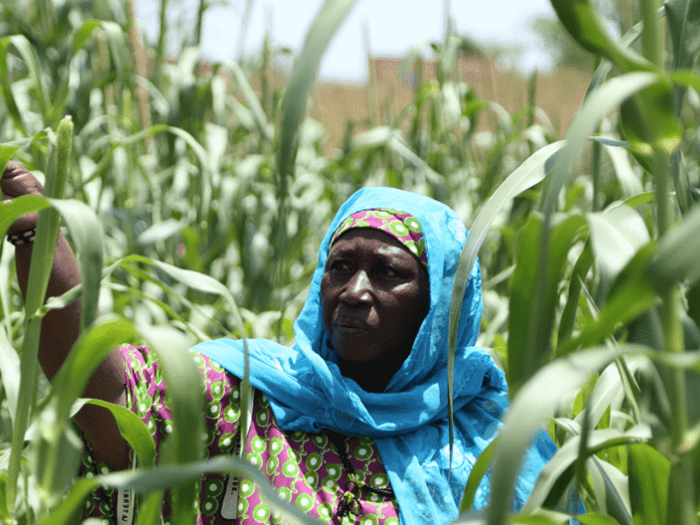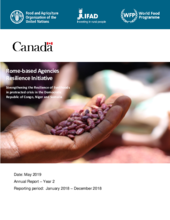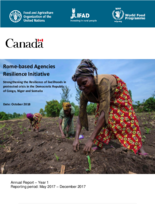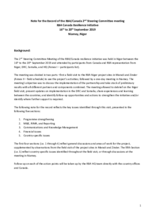Rome-based Agencies Resilience Initiative
- CAD 50 million
- Canada's contribution for the initiative over five years
- 3
- countries of focus: Democratic Republic of the Congo, Niger and Somalia
- 168,000
- intended beneficiaries
The majority of people affected by conflict and protracted crises rely on crops, livestock, fisheries and forestry for their livelihoods. Conflict and violence interrupt food production and agriculture, deplete food stocks and seed reserves, disrupt markets, deepen hunger and exacerbate malnutrition. Strengthening resilience for food security and nutrition is a priority for the most vulnerable people, particularly in the most at-risk and disaster-prone parts of the world.
WFP, FAO, and IFAD—the three United Nations Rome-based Agencies (RBAs)—are implementing an innovative, five-year programme to promote food security and strengthen resilience against shocks and stressors in the Democratic Republic of the Congo, Niger and Somalia. This joint programme bridges humanitarian and development objectives through a complementary approach that focuses specifically on vulnerable women and children.
Funded by a contribution of CAD 50 million (US$ 38 million) from the Government of Canada, the programme aims to meet immediate food needs while sustainably increasing food security and strengthening the resilience of food-insecure households in regions affected by protracted and recurrent crises.




